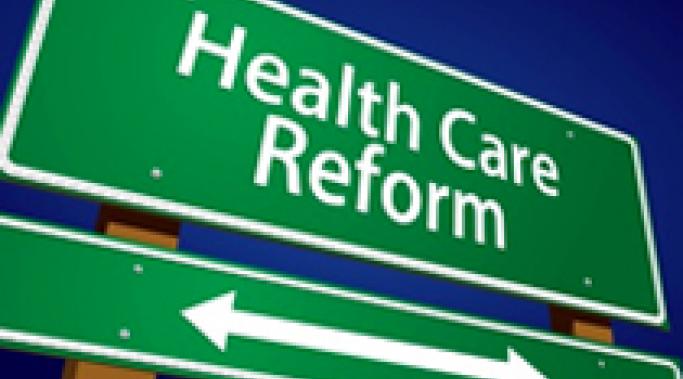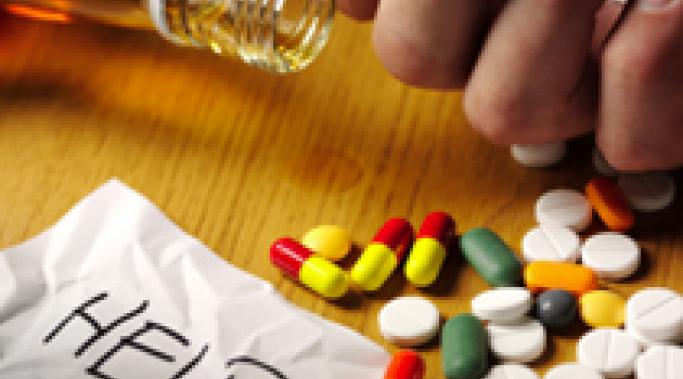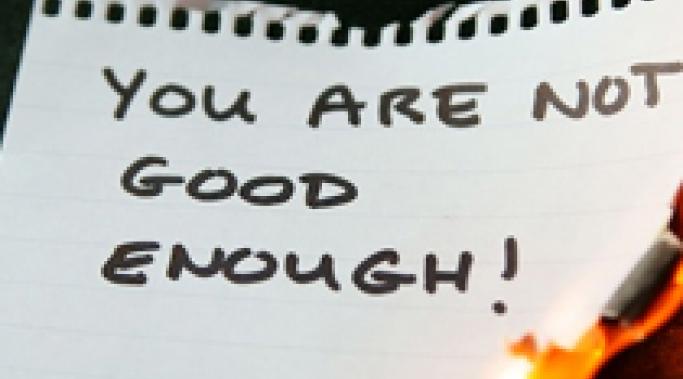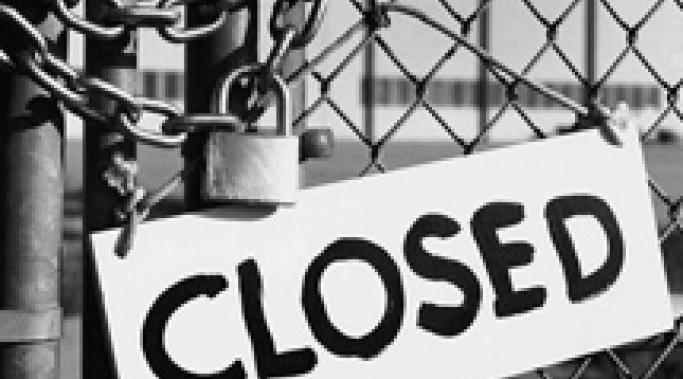It's time to reform the mental healthcare system. It's been time for years. While the George W. Bush and Barack Obama administrations made great strides, all that progress could be lost under the new administration (Mental Health Care [In A Perfect World]). Already, Congress voted to reinstate pre-existing conditions (which prior to the Affordable Care Act many insurance agencies used to refuse to cover an individual with mental illness or refuse to cover mental healthcare). Congress also voted to prevent Medicare from negotiating with drug companies to lower prices. And legislation that would have lowered drug prices was shot down--you may have seen the meme naming which politician voted against it and how much money they've received from pharmaceutical companies. President-elect Donald Trump needs to take action and reform the mental healthcare system.
Recovery Issues
There is a serious lack of treatment for dual diagnosis with substance abuse. A dual diagnosis is two co-occurring mental health conditions, in this case, one of which is a substance abuse disorder. The use of substances as a way to cope with psychiatric symptoms is so common there's a term for it: "self-medicating." Treatment for dual diagnosis with substance abuse is critical, but few get treatment.
The first stage of mental illness is denial. It's also a common symptom of mental illness and a barrier to treatment. So how do you help people in denial of their mental illness? While it may seem hopeless, there's actually quite a bit that you can do.
Do you know how to recover from perfectionism or perfectionistic standards? Perfectionistic standards are one of the symptoms of borderline personality disorder (BPD), according to schema therapy, which I found tremendously helpful in recovering from BPD. Basically, perfectionistic standards are standards set so high that no human can meet them. When we fail to meet these standards, we begin to think we're failures and bad people, and that triggers our symptoms such as self-injury. But the good news is we can recover. Here are some suggestions on how to recover from perfectionism or unreasonably high standards.
How does one recover from sexually predatory behavior? Donald Trump's recent comments have sparked an avalanche of ugly behavior and comments. What stood out to me was his remark that the women a celebrity abused would not do anything about it because the celebrity is in a position of power--classic sexual predator logic. But some people, despite all the risks, do come forward and have the courage to heal (The Cosby Case Can Teach Us Three Lessons). Here is how we go about recovering from sexually predatory behavior.
Do you know how to handle a treatment professional on a power trip? Sometimes the field of mental health draws the wrong people, especially when treatment philosophy is the social control model. I once overheard a nurse say to a patient "You do what we tell you, when we tell you." Another psychiatrist told a patient who made a sarcastic comment about wearing diapers "If that's what you want I can make it happen." The same psychiatrist told me "I can go on the word of a social worker if I want." When a treatment professional is on a power trip, it is important to know how to handle them (What Mental Health Professionals Don’t Know about Clients).
The government can help people with mental health issues. I am on Social Security Disability Insurance (SSDI) and Supplemental Security Income (SSI) and run a small freelance writing business (How To Get Disability Benefits For Mental Illness). Until recently, I could not get insurance because of my schizophrenia being a pre-existing condition, which forced me to stay on disability so I could get Medicare and Medicaid so I wouldn't be wiped out again if I were hospitalized. This meant I had to watch my income. So I have plenty of ideas about how the government can help people with mental health issues.
What are the mental health needs of the Native American community? At first, I was hesitant to write this because although I have Cherokee ancestry, I'm of mixed blood and not enrolled (my blood quantum is too low). But this morning on a news site, I saw that 11 members of a Canadian First Nation attempted suicide on Saturday night alone, causing the tribe to declare a state of emergency.1
There are three things besides treatment mental health consumers need. I have an interesting life. I am a low-income mental health consumer, and most of the people I know are either treatment professionals or low-income mental health consumers (Reach Out To The Right People For Mental Health Help). We have many needs--obviously treatment is one of them--that people may not consider. So here are three things mental health consumers need (besides treatment).
The closure of mental health treatment facilities is often a disaster for the patients being treated there (Inpatient Mental Health Treatment Facilities: Who Needs One?). When an abusive mental health treatment facility in Indianapolis closed, the patients flooded the city's low-income housing. The success stories still have apartments. The rest of the patients are either in jail, another institution, or dead. The closure of mental health treatment facilities must be done in a very careful fashion.









